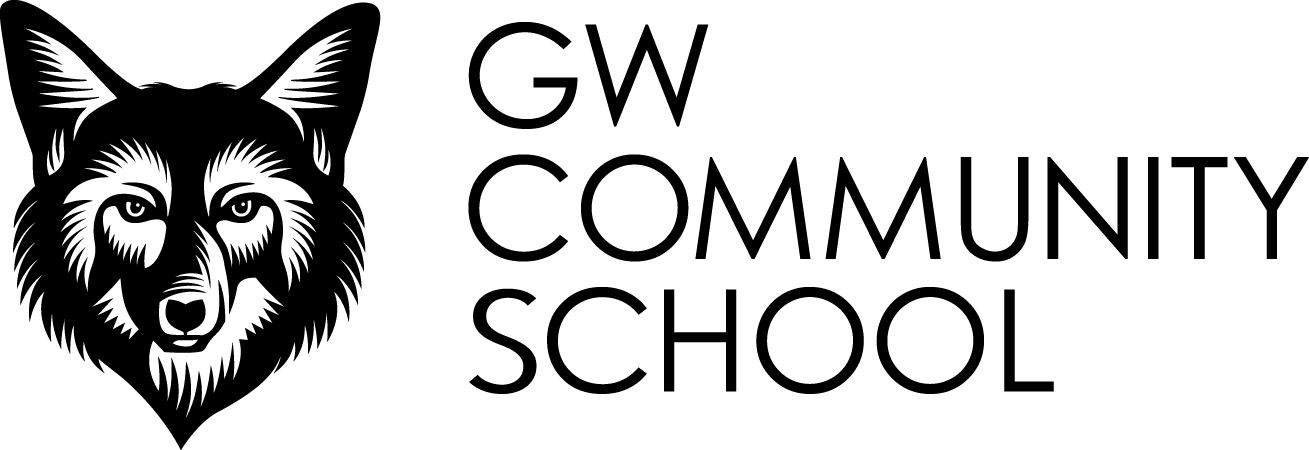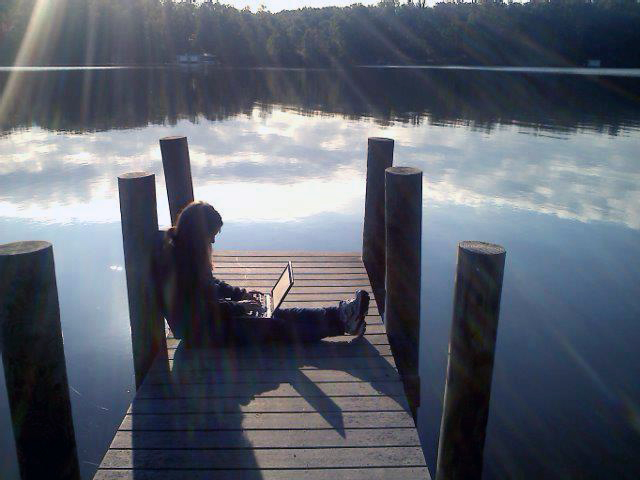GWCS Science Teacher, Entomologist and Apiarist, Ms. Amanda Rose Newton, hosted a honey tasting event for the fortunate GWCS PAC Auction winners on Sunday, March 19, 2017. Ms. Newton mixed in some teaching with the tasting, so the group learned about bee keeping, honey extraction techniques and hive culture. It was an amazing event and definitely a (bee) keeper for next year's auction!
a Honey Tasting Attendee's ACCOUNT on the Event:
As participants arrived, the honey tasting event actually began with a mead tasting . Mead is an alcoholic beverage made with fermented honey. Ms. Newton had brewed this particular batch of mead in an old whiskey barrel that left a nice burn on the palette at the finish. It can take two to three years to age for mead to be at its best. You end up with a clear honey wine (similar color to Chardonnay). Clover honey is typically used in producing mead.
Ms. Newton provided an introductory lesson on bee anatomy and hive culture. She explained how bees identify nectar plants and organize the hive, and to which plants bees gravitate. She discussed the effects of honey bees on agriculture and how the effect bees have on farming, the environment and society. Participants were surprised to learn that bees are trucked (non-stop) to California from the mid-United States, in order to pollinate the almond orchards.
Ms. Newton also presented what is involved in beekeeping and connections in the Northern Virginia area for having backyard hives. She discussed the construction of wooden hive boxes; extraction techniques; differences in raw and pasteurized honey; and how to determine from which plants the bees collect the nectar.
Ms. Newton explained that you have to approach tasting honey to tasting beer or wine -- with a clear understanding that most honey on the market isn't actually honey. She urged everyone to read the label before purchasing honey. Some honey-labeled products are mostly corn syrup with honey added.
Ms. Newton provided attendees with a Honey Connoisseur Color Guide and the Aroma & Tasting Wheel to try their hand - er, taste buds - at honey identification.
Honey identification was followed by a sampling of snacks paired with a number of different honey varieties from Ms. Newton's own bee hives. Cheese, fruits, nuts, crackers and chocolate to name a few of the tasty morsels provided for honey sampling. As if an afternoon of honey tasting and education weren't enough, each attendee received a Newton honey bear sample to take home.
Mrs. Linda Campbell
GWCS Parent & Honey Tasting Participant
bee Resource Recommendations:
- Book: Honey Connoisseur: Selecting, Tasting, and Pairing Honey
- Book: First Lessons in Beekeeping
- Website: Northern Virginia Beekeepers Association
- Website: American Honey Tasting Society
- Beekeeping Classes: Whitehall Farm (Spring/Summer 2017)








